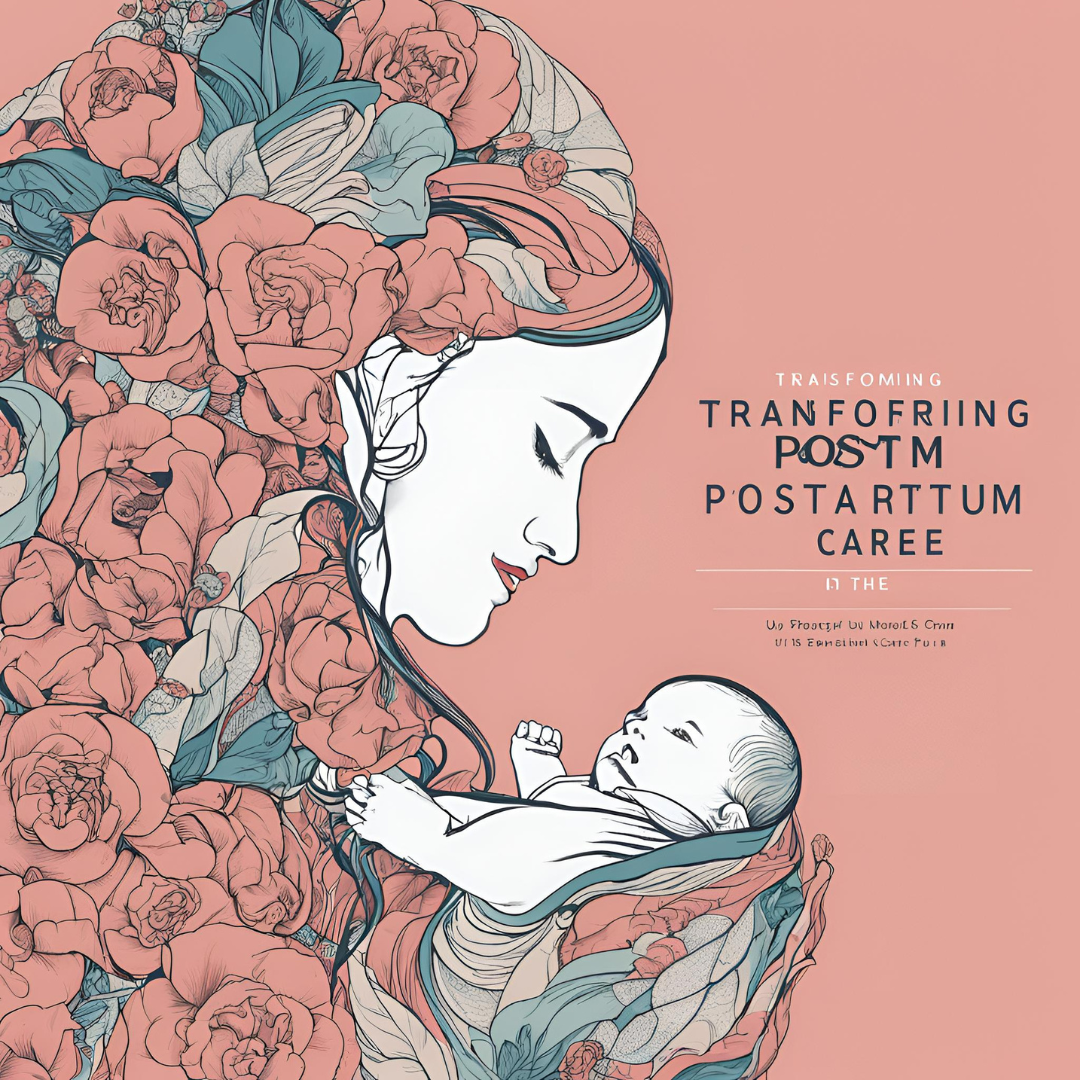Postpartum care is important to the mother and the baby’s well-being. However, it stands as one of those areas that find scarce and insufficient coverage under the umbrella of national policies and health objectives laid down for the country. This post discusses the importance of postpartum health, and current gaps in care, and provides recommendations to improve maternal outcomes.
Importance of Postpartum Maternal Health
Inequality in Postpartum Maternal Health: Women’s Psychological and Emotional Well-being Besides Physical Health: Research has shown that many postpartum morbidities, like depression, pain, and exhaustion, are quite prevalent and can make it very hard for a woman to take proper care of her newborn. During this period, some common complaints include hemorrhoids, constipation, exhaustion, pain, usually after a cesarean section or perineal tear, and incontinence of urine. For instance, two months post-partum, 76% of American mothers report tired.
A common concern for new mothers transitioning into parenthood is feeling overwhelmed and helpless due to a lack of experience in baby care. Since many maternal mothers report depressive symptoms, postpartum depression is also a cause for serious concern.
Current Policy Gaps
National health objectives in the U.S., like those of Healthy People 2010, are focused on pregnancy and immediate postpartum outcomes. Very little attention is given to the ongoing health needs of postpartum women. This non-attention leads to several gaps in care: Not all states implement the Pregnancy Risk Assessment Monitoring System, and where it is in use, questions about postpartum morbidities have not been uniformly added. The rate of postpartum follow-up visits is variably reported, with some studies indicating that a significant percentage of mothers do not receive adequate postpartum care.
Recommendations for improvement
First, The recommendations are to develop national policies on postpartum maternal health. Second, routine postpartum care shall be reviewed and reformed to be holistic and responsive to the varied needs of new mothers addressing the physical and psychosocial health issues of new mothers. Third, assistance from family members in postpartum care through support groups and education classes shall be encouraged so that a new mother may get help whenever she needs it. Fourth, education programs that provide new mothers ongoing support and information on a myriad of issues in the postpartum stage of health and baby care; and lastly, funding of research into the problems of postpartum maternal health to set a base for policymaking and improvement of care practices.
The following suggestions are meant to enhance the care provided to postpartum mothers:
Development of Specific National Policies
Making clear national policy aimed at postpartum maternal health should be one of the first stages in this process. A precise framework for the provision of high-quality, consistent postpartum care across all regions and healthcare providers must be outlined in this policy. These would include standards for the number and kinds of postpartum visits, regulations outlining best practices for postpartum care, and the roles of all participating healthcare providers. By doing this, care gaps would be lessened and a national policy could provide equal support and services to all new mothers.
Holistic and Responsive Care After Delivery
Providing new moms with holistic care entails addressing their mental and physical health issues. The physical health components encompass the recuperation phase following childbirth, monitoring lactation, and providing follow-up in the event of any complications. On the other hand, psychosocial components include mental health treatment, postpartum depression diagnosis, and counseling services.
Importance of Family Support
Through the educational workshops, family members will be able to better help the new mothers by learning how to recognize postpartum depression, how to take care of their newborn, and how important it is to provide support and care. A collaborative approach like this fosters community ends isolation, and lessens the stressors for a new mother.
Research Funding
Assure financing for research on postpartum maternal health issues to support well-informed policy choices and enhanced treatment procedures. Research can shed light on the frequency and etiology of postpartum and postnatal health problems, the efficacy of various care strategies, and the unique requirements of different groups. Investing in research enables governments to make decisions based on verified evidence, resulting in more targeted and effective initiatives. This could direct the creation of novel treatments, support systems, and instructional resources for postpartum care.
Punch Line
Improvement of care related to postpartum maternal health is critical to ensure better health and well-being for mothers and their children. It will close current gaps in care with full policies and programs, putting the U.S. on a pathway to ensure that postpartum women get the required support and care in this most critical period of their lives. Postpartum coverage would decrease by about 123,000 the number of uninsured new mothers, thereby improving health equity by addressing such prevailing disparities in racial and ethnic maternal health outcomes. This also ensures continuity of care in the management of postpartum depression, substance use disorders, family planning, and chronic health conditions.

Knowing how to fill up those gaps in care will make us supportive, and healthier toward the environment for mothers and their children, and all thrive during that critical period.
Davis, S. K., Liu, Y., & Gibbons, G. H. (2013). Disparities in trends of hospitalizations for potentially preventable chronic conditions among African Americans during the 1990s: implications and benchmarks. American Journal of Public Health, 103(4), e91-e99.





